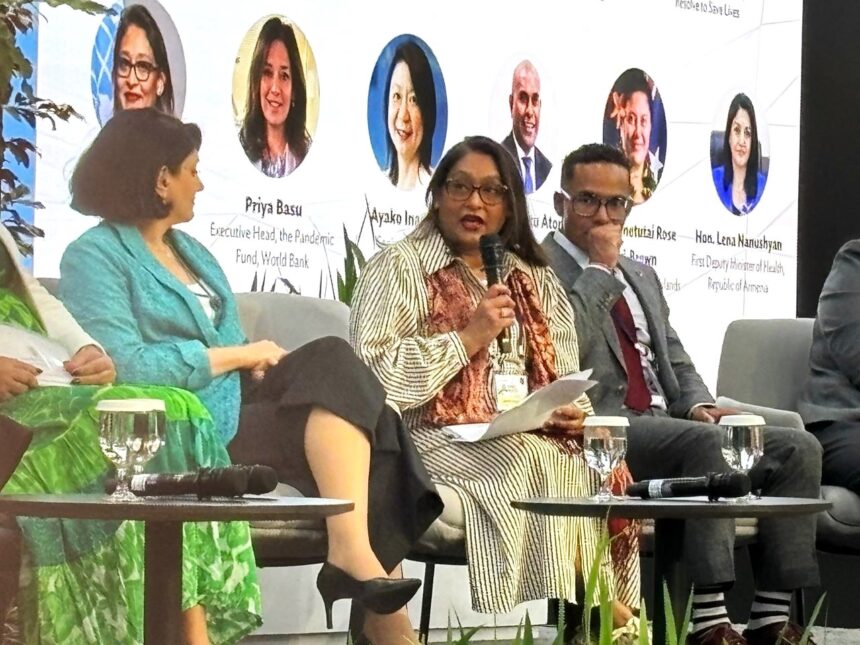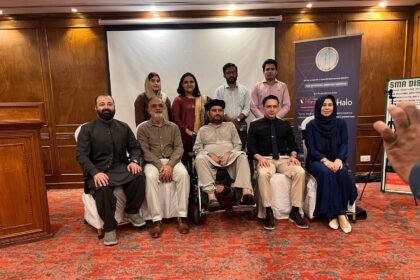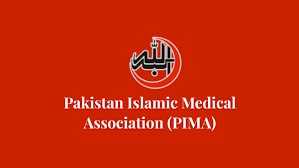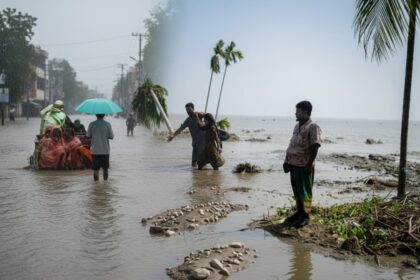Speaking at the ADB Inspire Conference in Manila, Regional Director Saima Wazed emphasized that primary health care (PHC) is not only foundational for achieving universal health coverage (UHC) but is also central to resilient healthcare systems capable of effectively responding to pandemics. Highlighting lessons learned from the COVID-19 pandemic, Wazed urged policymakers and health sector stakeholders to prioritize investments in PHC infrastructure, community-based care mechanisms, and last-mile service delivery.
During the plenary session titled “How Pandemic Response Drives UHC,” Wazed underscored the necessity of robust primary care services in strengthening the overall health system. The COVID-19 crisis clearly demonstrated that healthcare resilience—namely the ability to maintain essential services and swiftly respond to public health emergencies—largely depends on how effectively primary care facilities and frontline providers operate at the community level.
Wazed further stressed that future investment efforts, particularly those targeted towards pandemic preparedness and response, must elevate primary health infrastructure and community-oriented care practices. She argued that enhancing local-level healthcare delivery can substantially improve outcomes, mitigate the impact of infectious diseases, and build stronger health systems capable of achieving sustained universal health coverage.
In conclusion, Saima Wazed called for greater collaboration and strategic investments to empower primary healthcare providers, improve accessibility, and address critical service gaps at the grassroots level. This, she noted, will deliver lasting benefits beyond pandemic scenarios, supporting communities in attaining true health security and inclusive healthcare services for all.











